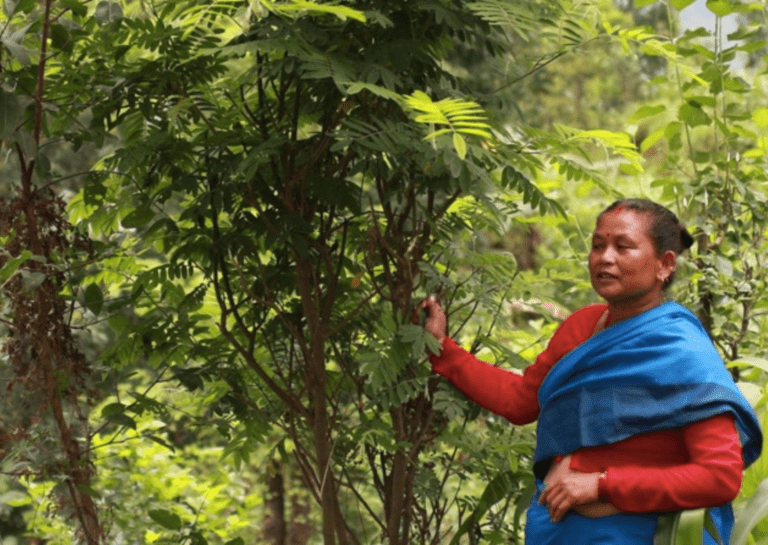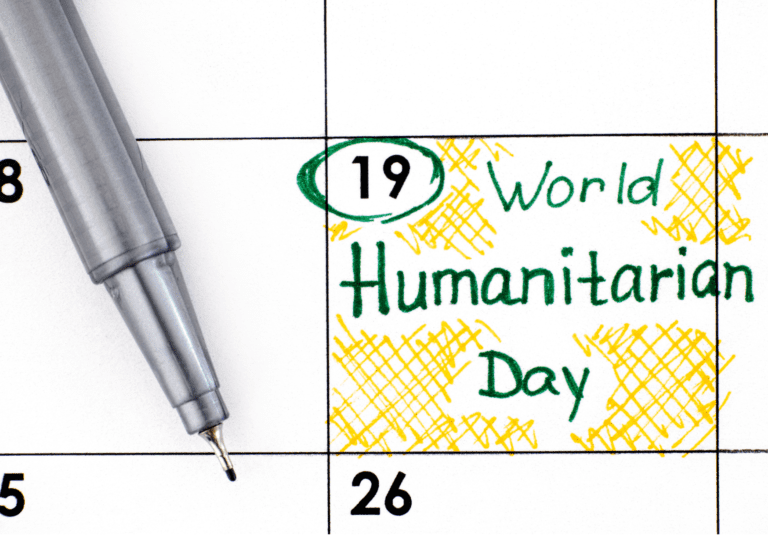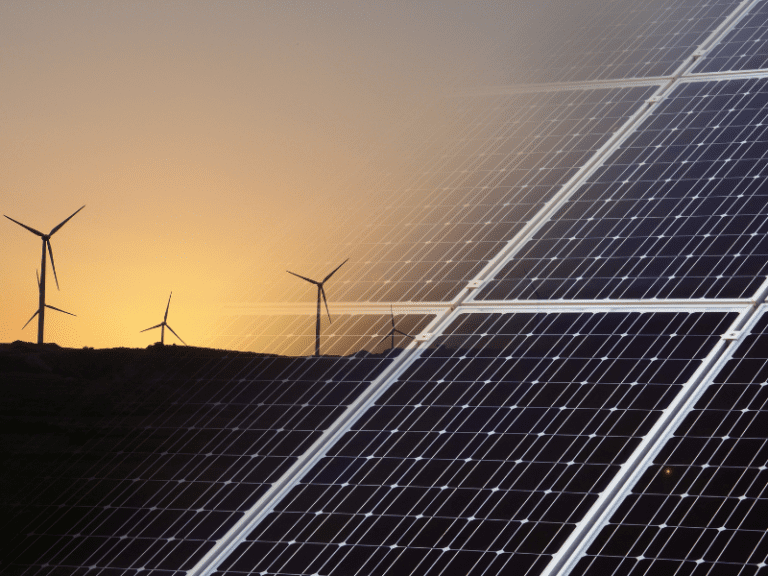End racism. Build peace.
On this 2022 International Day of Peace, join Glimmer in supporting the efforts of the United Nations. Together we can work towards a world where compassion, respect and empathy replace racism and hatred.
A collection of hopeful stories about people, our world and our future. Get involved in the conversation on our Glimmer App.

On this 2022 International Day of Peace, join Glimmer in supporting the efforts of the United Nations. Together we can work towards a world where compassion, respect and empathy replace racism and hatred.

Can we, should we, buy less stuff? Neil Kitching discusses how we can reduce the amount of ‘stuff’ we buy and consume and argues that we should campaign to promote a better quality of life.

Homelessness remains a huge problem in Australia and low literacy levels is an important contributing factor.

Research suggests that the pandemic has exacerbated the impacts of loneliness. Additionally, people’s fear of missing out, also known as FOMO, hasn’t decreased even since in-person social gatherings became less frequent. But small daily actions – such as a short walk, break from social media or even a catnap – can add up to have an impact on mental health.

Agroforestry is a system combining trees with shrubs, crops, and livestock to produce food, support biodiversity, build organic content in soils, boost water tables, and sequester carbon from the atmosphere. Adopted in the Kavre district of Nepal, agroforestry is key to conserving soil nutrition, promoting food security, and empowering women.

Mark it in your calendar. 19th August is World Humanitarian Day: a chance to show our support for the front line workers risking their lives for those in need.

While there is much information about our declining biodiversity, here are some really impactful ways in which we, as individuals and together, can help nurture our environment so our biodiversity can thrive.

The conversation about climate change and its consequences has heated recently, but what is the most effective way forward?

COVID-19 has shown that pandemics can seriously affect people’s physical and mental health. Stress, anxiety and depression have increased around the world, with the greatest effects for those living under the strictest lockdowns. Many people’s physical activity levels also fell during lockdown. Gardens, though, can help us push back against these negative effects.

We know plastic pollution remains a truly global problem, affecting communities around the world.
Despite our careful sorting, collection and recycling efforts, plastic is everywhere—from the deepest oceans to the summit of Mt Everest. However, 2022 has shown signs of progress!

Join a community of like-minded people inspiring each other to live sustainable lives.
Glimmer acknowledges the Traditional Custodians of Country throughout Australia and recognises their continuing connection to land, waters and culture. We pay our respects to their Elders past and present.
© 2024 Glimmer. All rights reserved
Terms and Conditions: General – Businesses and Organisations – Events Feature